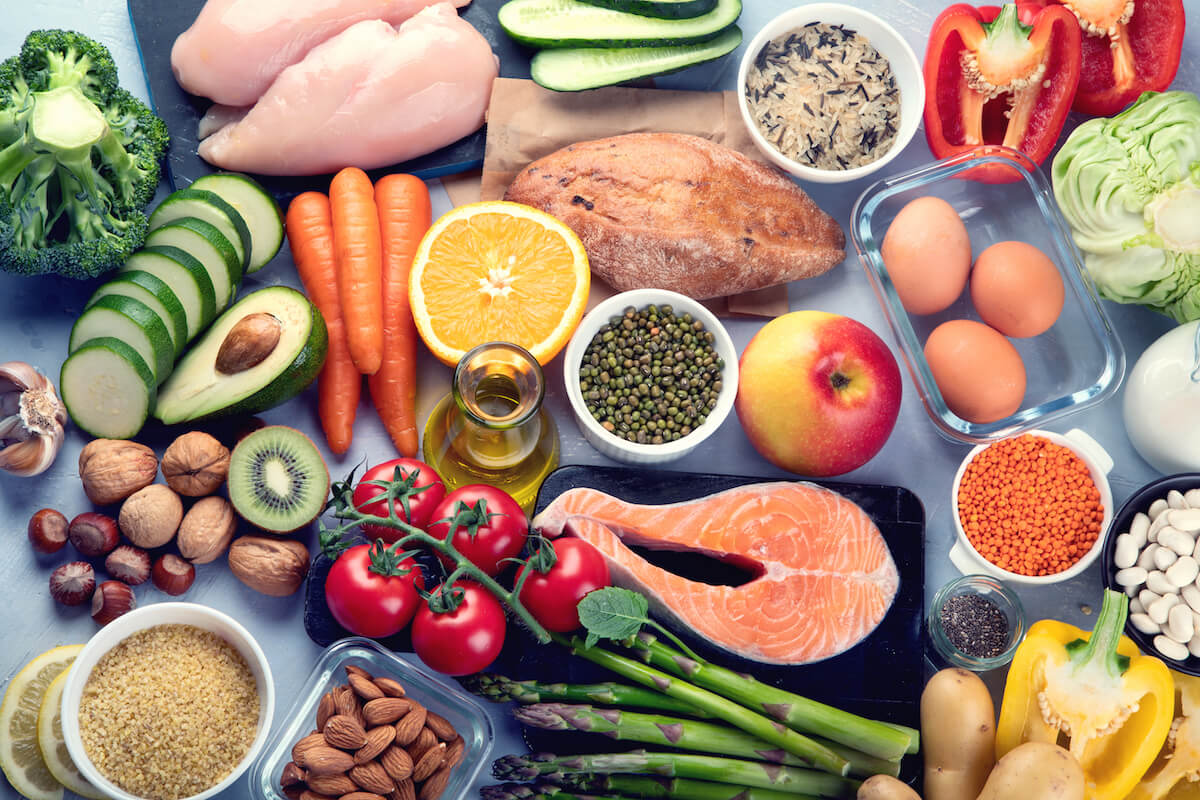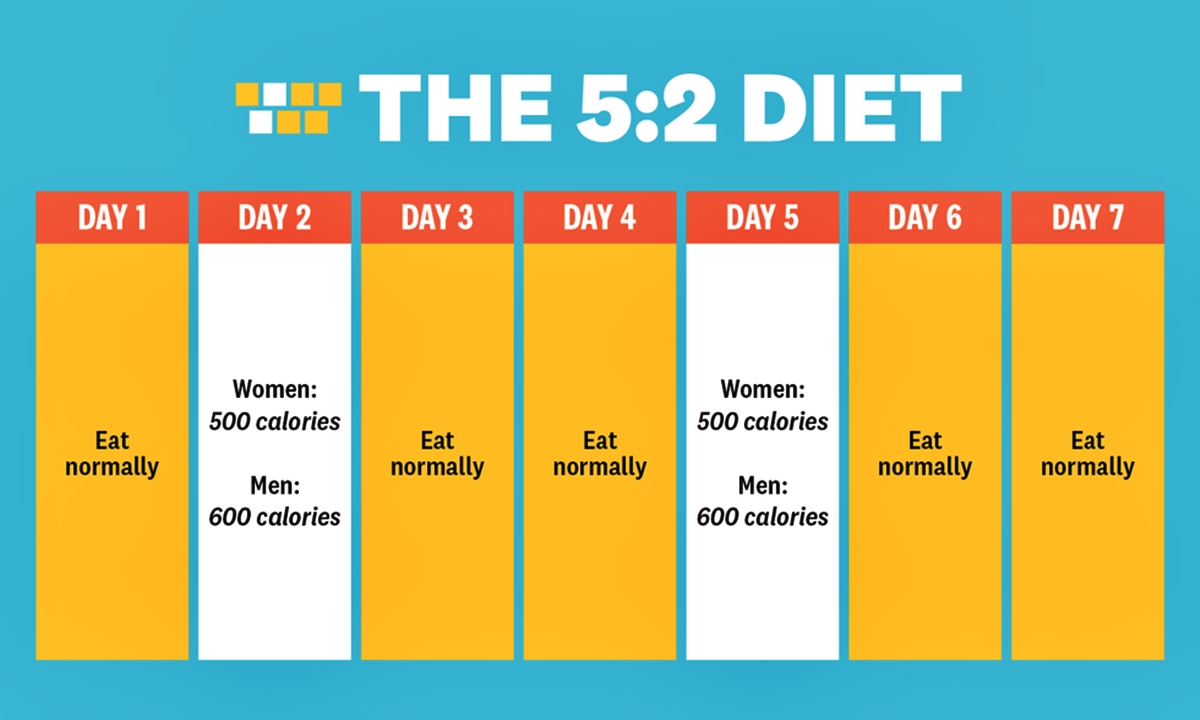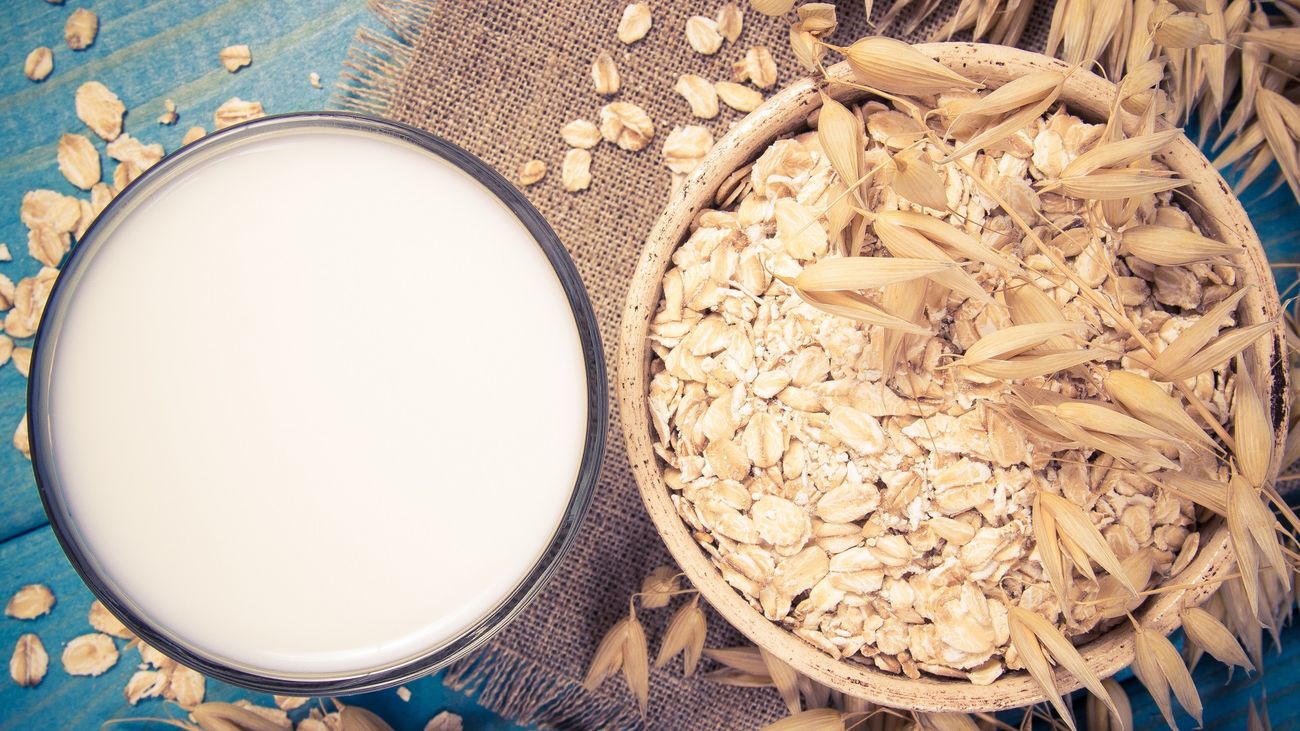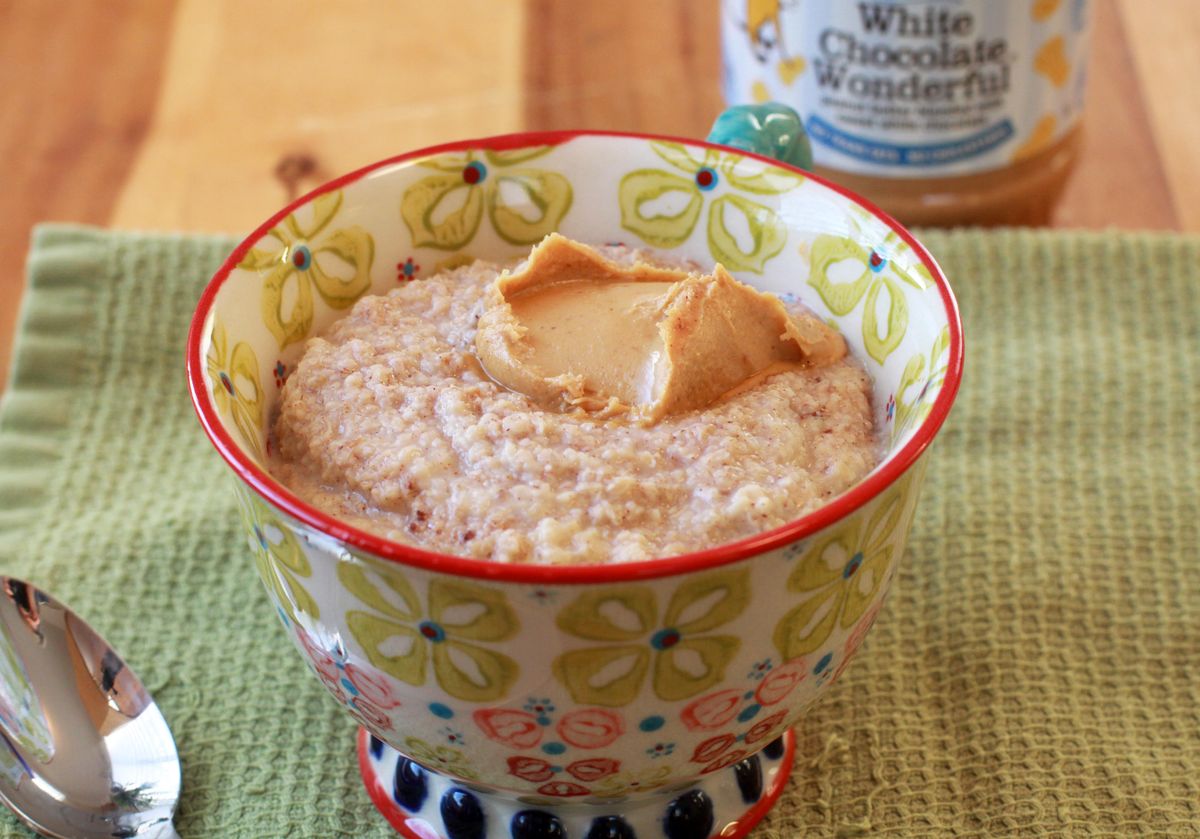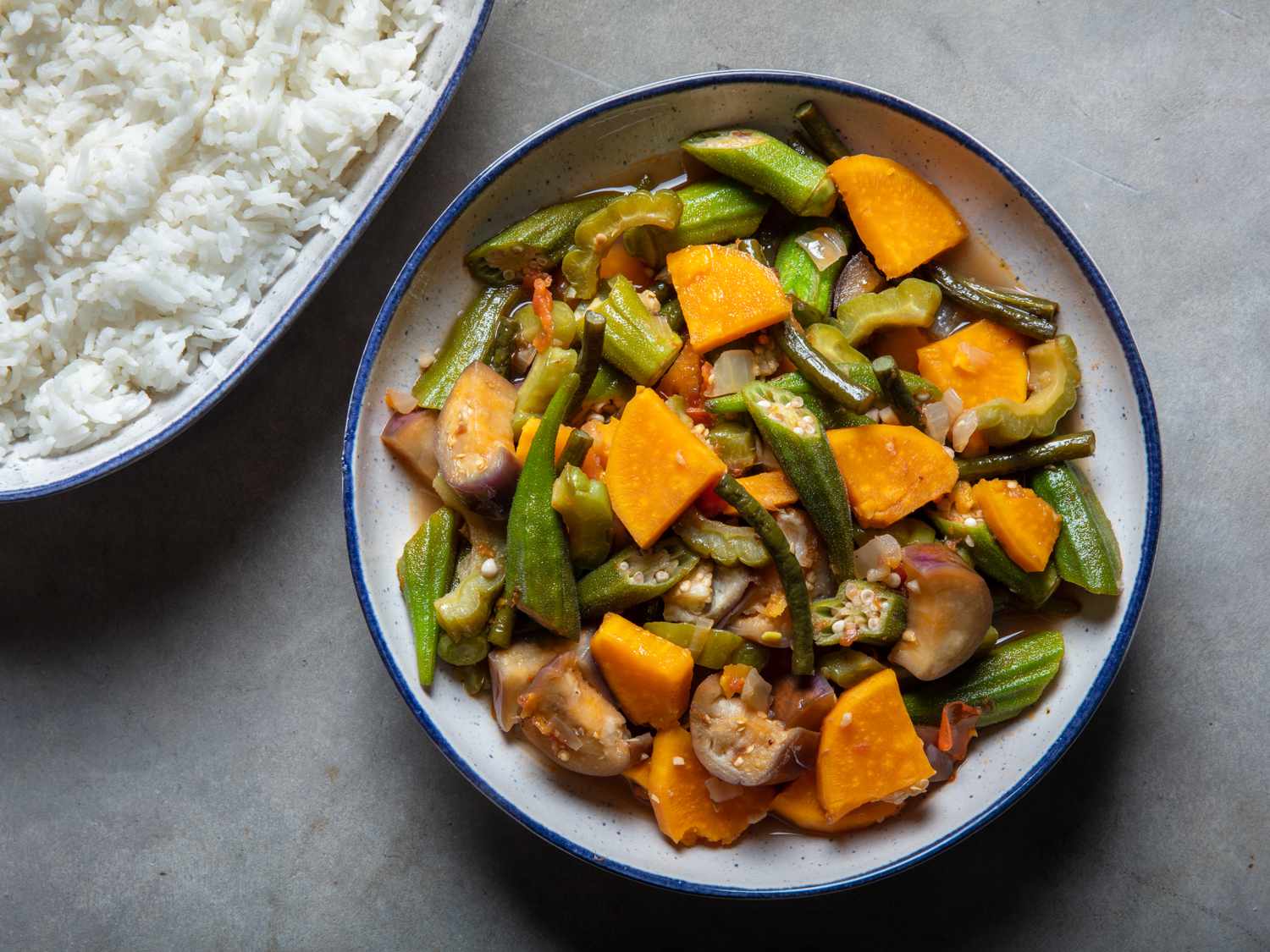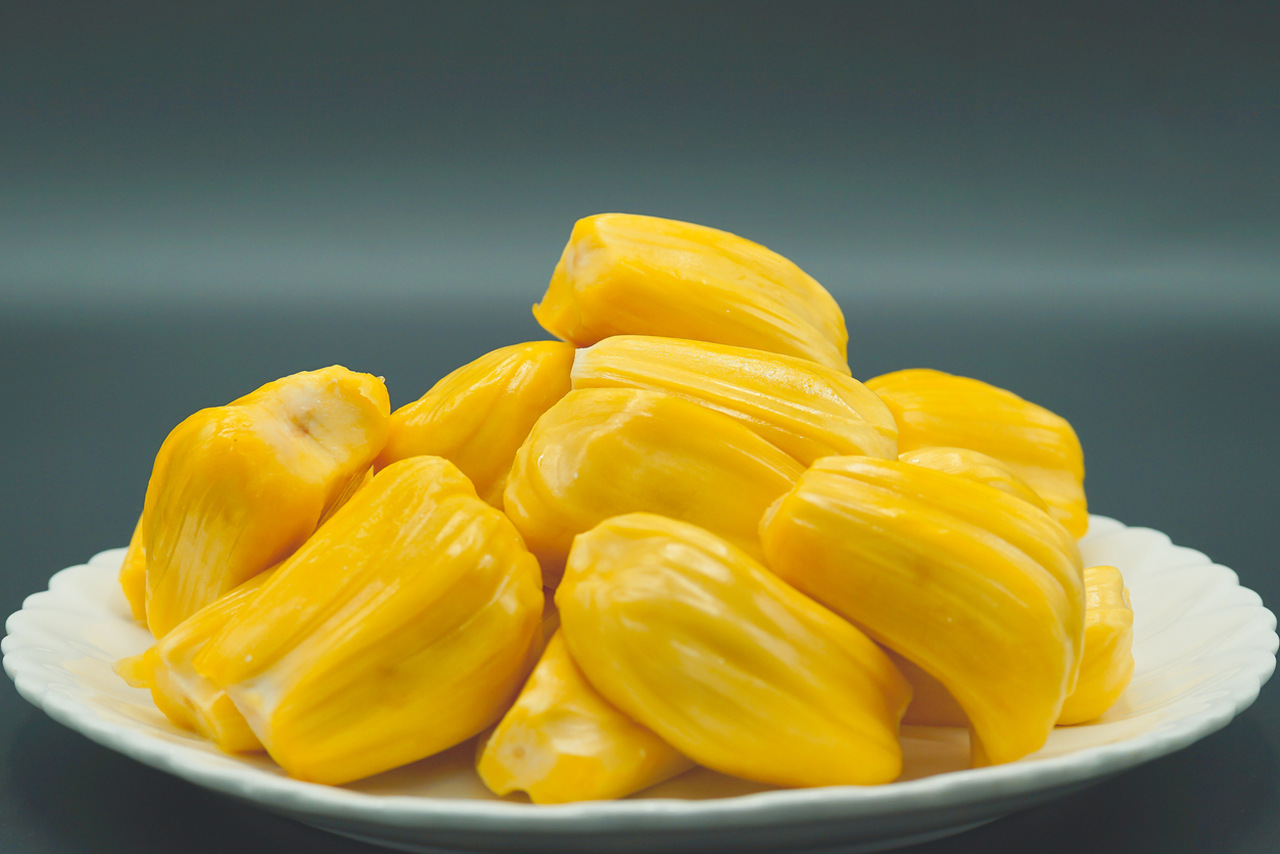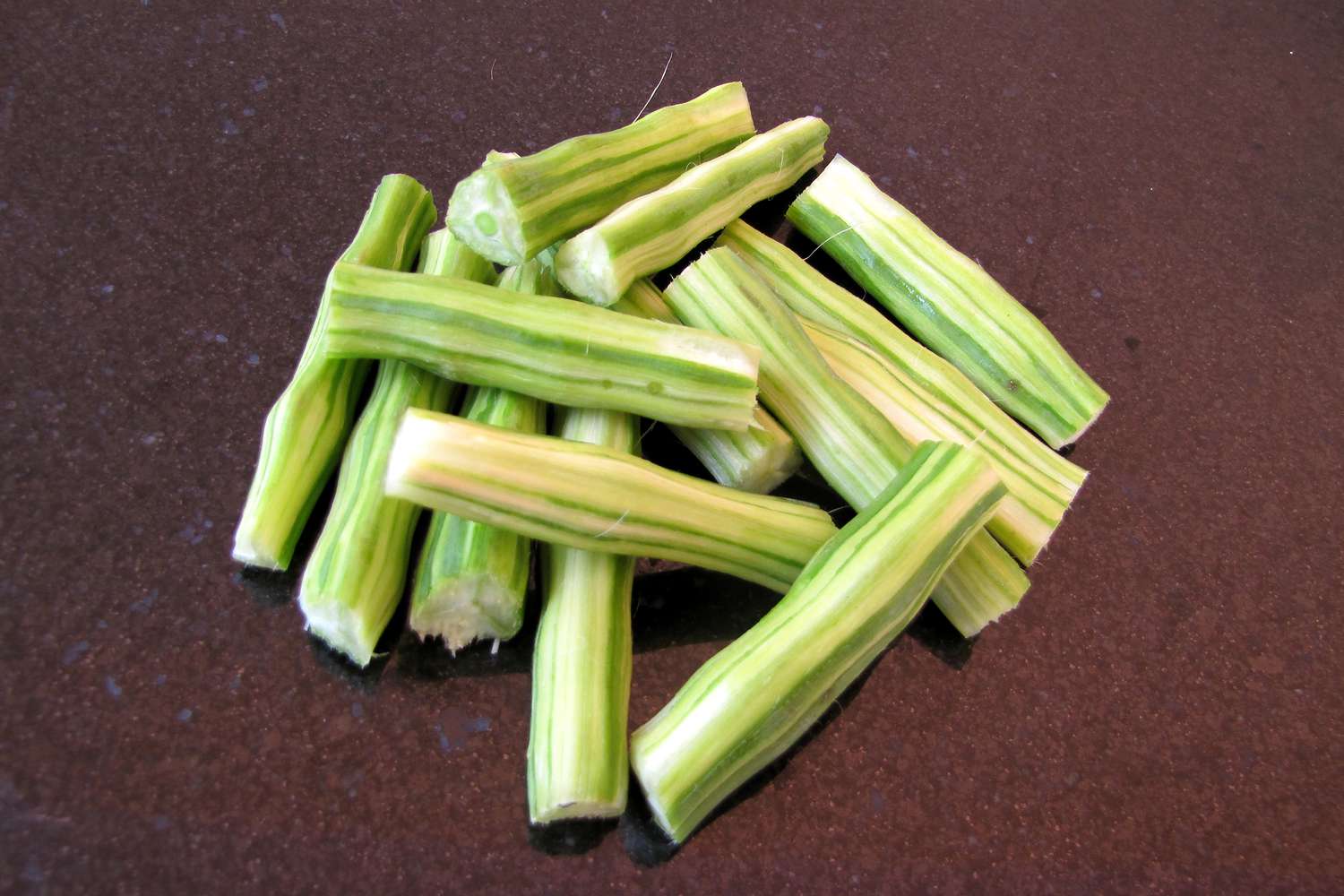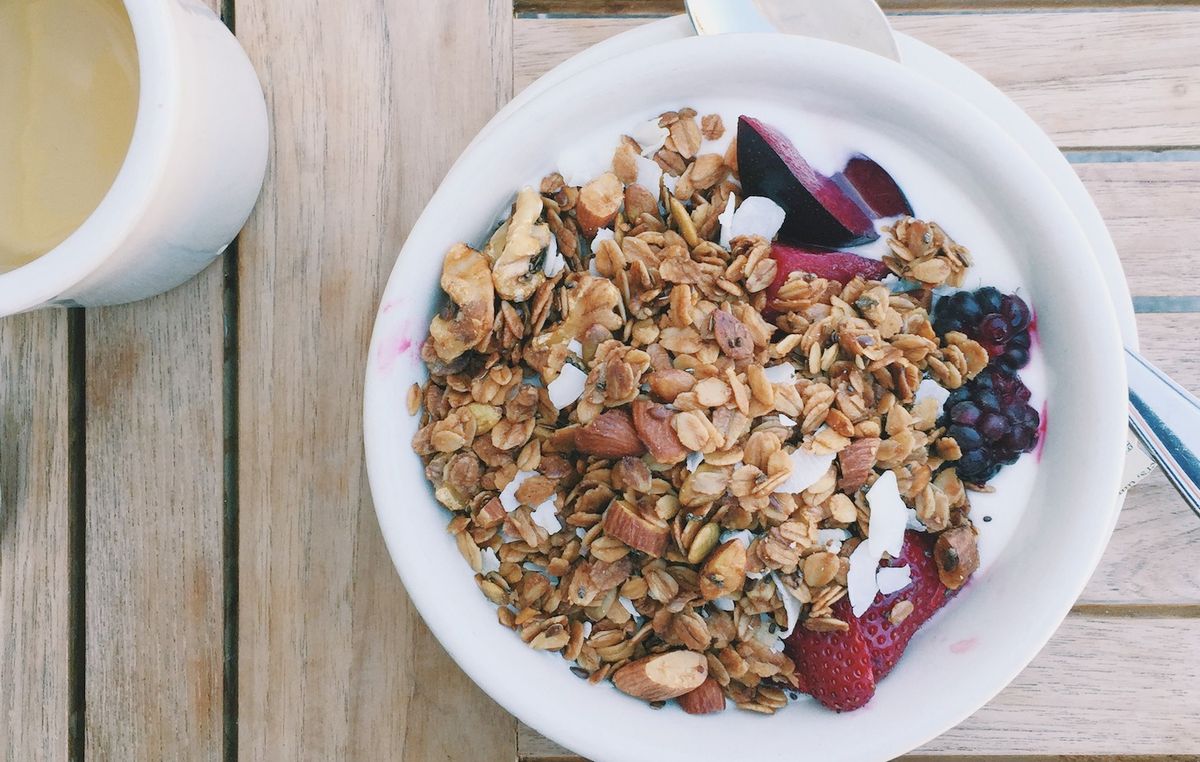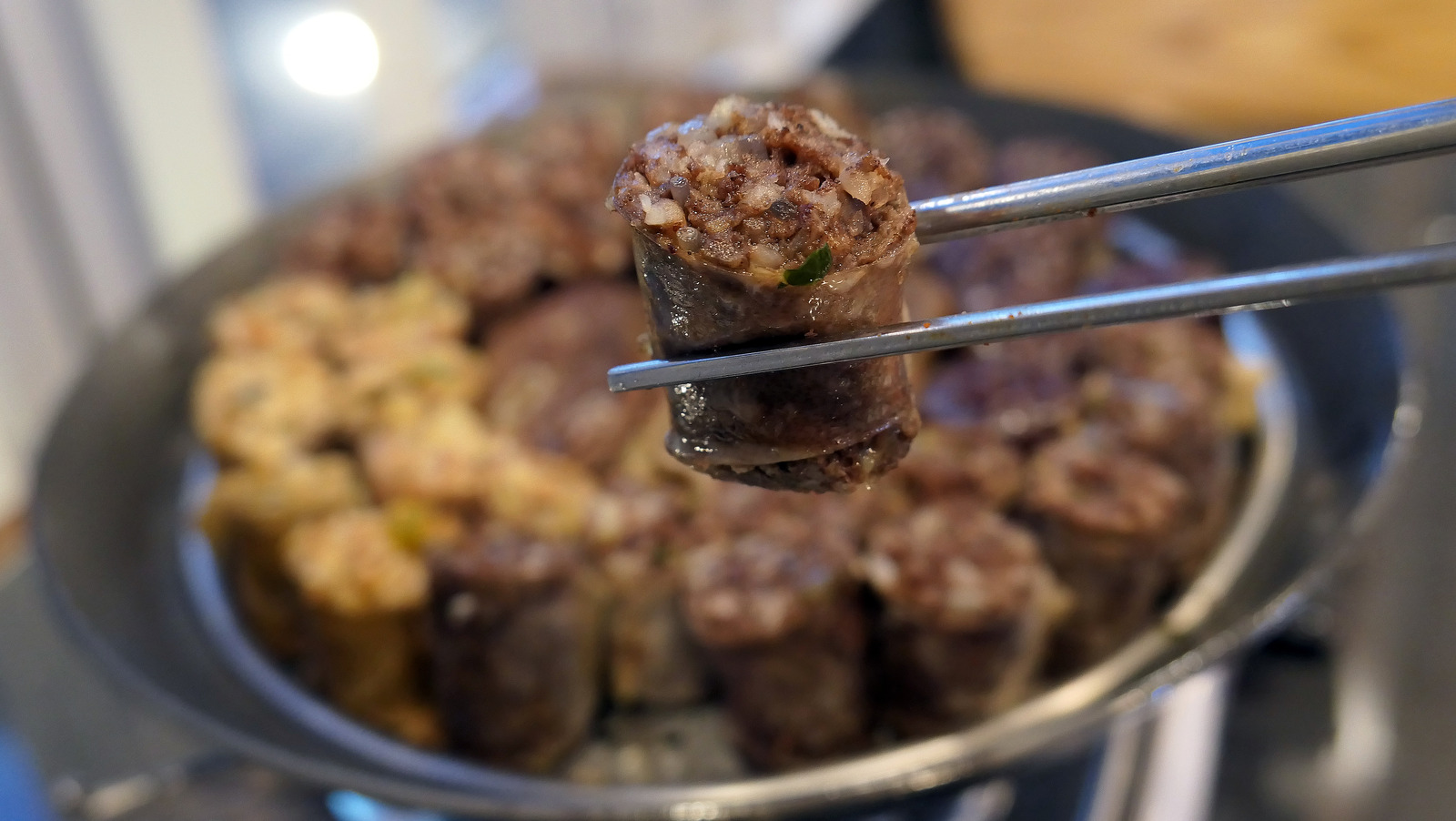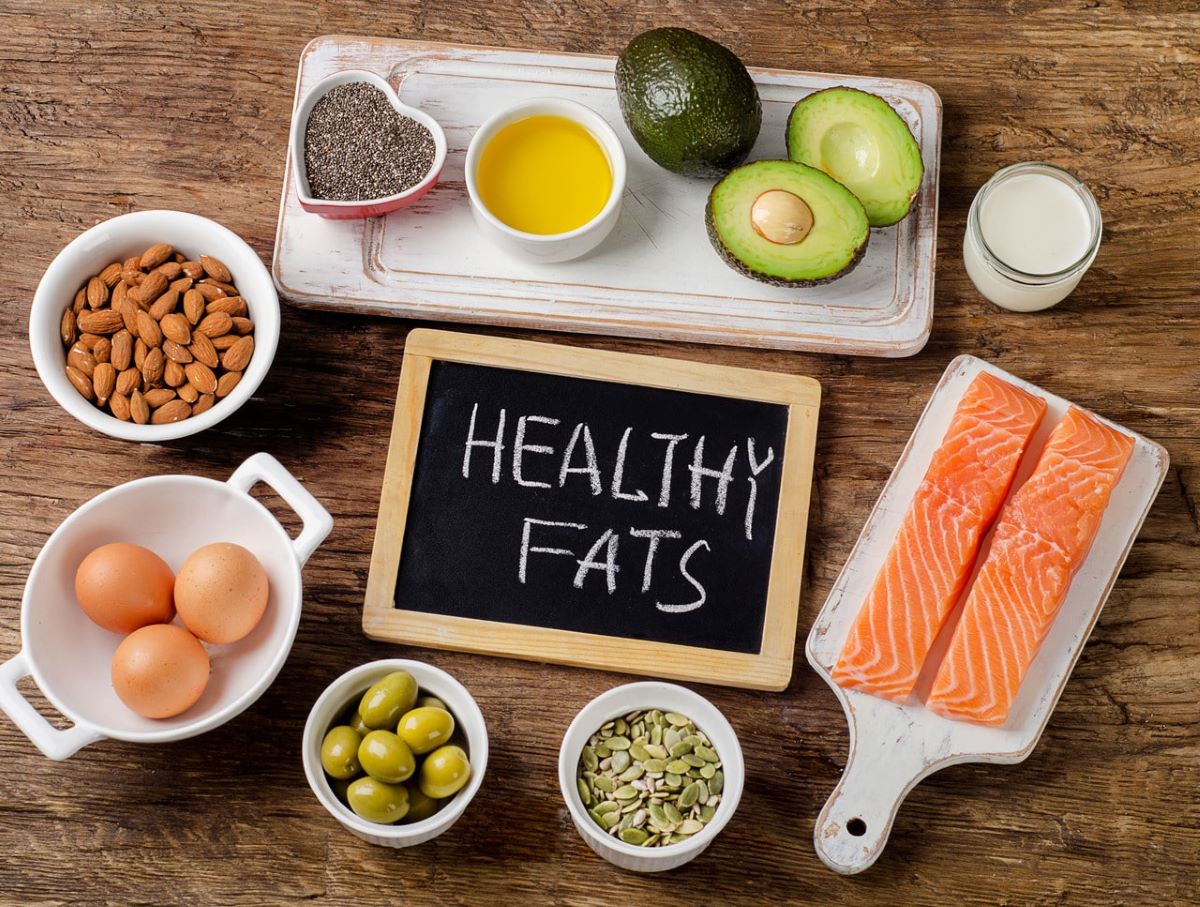How to Eat a Low-Calorie Diet and Stay Healthy
Following a 500-calorie diet can be a challenging but effective way to lose weight. However, it’s important to approach this diet with caution and ensure that you are still getting the essential nutrients your body needs to function properly. Here are some tips on how to eat only 500 calories per day while maintaining a healthy lifestyle:
1. Focus on Nutrient-Dense Foods
When you’re limited to 500 calories per day, it’s crucial to make every calorie count. Choose foods that are rich in essential nutrients such as vitamins, minerals, and fiber. Opt for vegetables, fruits, lean proteins, and whole grains to ensure that you’re getting the most nutritional value out of your limited calorie intake.
2. Stay Hydrated
Drinking plenty of water is essential when you’re on a low-calorie diet. Not only does it help keep you feeling full, but it also supports your body’s natural detoxification processes. Aim to drink at least 8-10 glasses of water per day to stay properly hydrated.
3. Plan Your Meals Carefully
Since you have a limited number of calories to work with, it’s important to plan your meals and snacks in advance. This will help you make the most of your calorie allowance and avoid mindless snacking. Consider using a food journal or meal planning app to keep track of your daily intake and ensure that you’re staying within your calorie limit.
4. Incorporate High-Fiber Foods
Fiber-rich foods not only help keep you feeling full and satisfied, but they also support digestive health. Include foods like beans, lentils, and leafy greens in your meals to boost your fiber intake without adding too many extra calories.
5. Be Mindful of Portion Sizes
Even when you’re eating low-calorie foods, portion control is key. Be mindful of serving sizes and avoid mindlessly overeating, even if the foods you’re consuming are healthy. Using smaller plates and bowls can help you manage portion sizes and prevent overeating.
6. Prioritize Protein
Protein is essential for maintaining muscle mass and supporting overall health, especially when you’re on a low-calorie diet. Incorporate lean sources of protein such as chicken, turkey, fish, and tofu into your meals to ensure that you’re meeting your body’s protein needs.
7. Seek Professional Guidance
Before starting any low-calorie diet, it’s important to consult with a healthcare professional or a registered dietitian. They can provide personalized guidance based on your individual health needs and help you create a sustainable plan for eating only 500 calories per day.
Remember, while a 500-calorie diet can lead to rapid weight loss, it’s not intended for long-term use. Once you’ve reached your weight loss goals, it’s important to transition to a more sustainable eating plan that provides an adequate number of calories to support your overall health and well-being.
By following these tips and being mindful of your food choices, you can successfully navigate a 500-calorie diet while prioritizing your health and nutrition.
